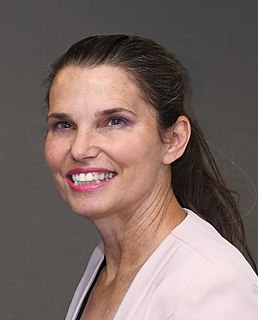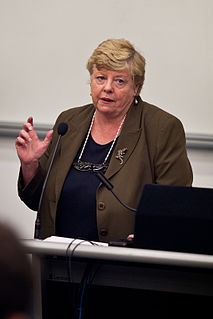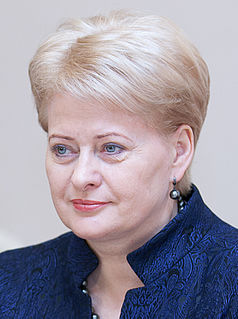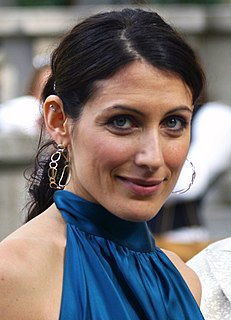A Quote by Vivek Wadhwa
Once we increase the proportion of women in technical roles, the challenge is to retain them and ease the transition to senior positions.
Related Quotes
I want to get young girls excited in science, tech, engineering mathematics, art, design - and how they come together. We've got this Choose Science campaign. Once women are there, though, we have to retain them. When I look at universities, it's not enough to have role models, we need to have champions. We need to have more women in senior leadership positions. There are issues about work-life balance. Women go to have children and then who keeps the lab running? There are many challenges.
Life's very difficult and full of surprises. At all events, I've got as far as that. To be humble and kind, to go straight ahead, to love people rather than pity them, to remember the submerged - well, one can't do all these things at once, worse luck, because they're so contradictory. It's then that proportion comes in - to live by proportion. Don't begin with proportion. Only prigs do that. Let proportion come in as a last resource, when the better things have failed.
The roles that men and women play are no longer the standard traditional roles of way back when but are those of two very individual people living their lives. I think it's been a hard transition in society - just take a look at the divorce rate - to figure out what that means now. How do you resolve that?



































